Farming for the Future: Organic and Agroecological Solutions to Feed the World
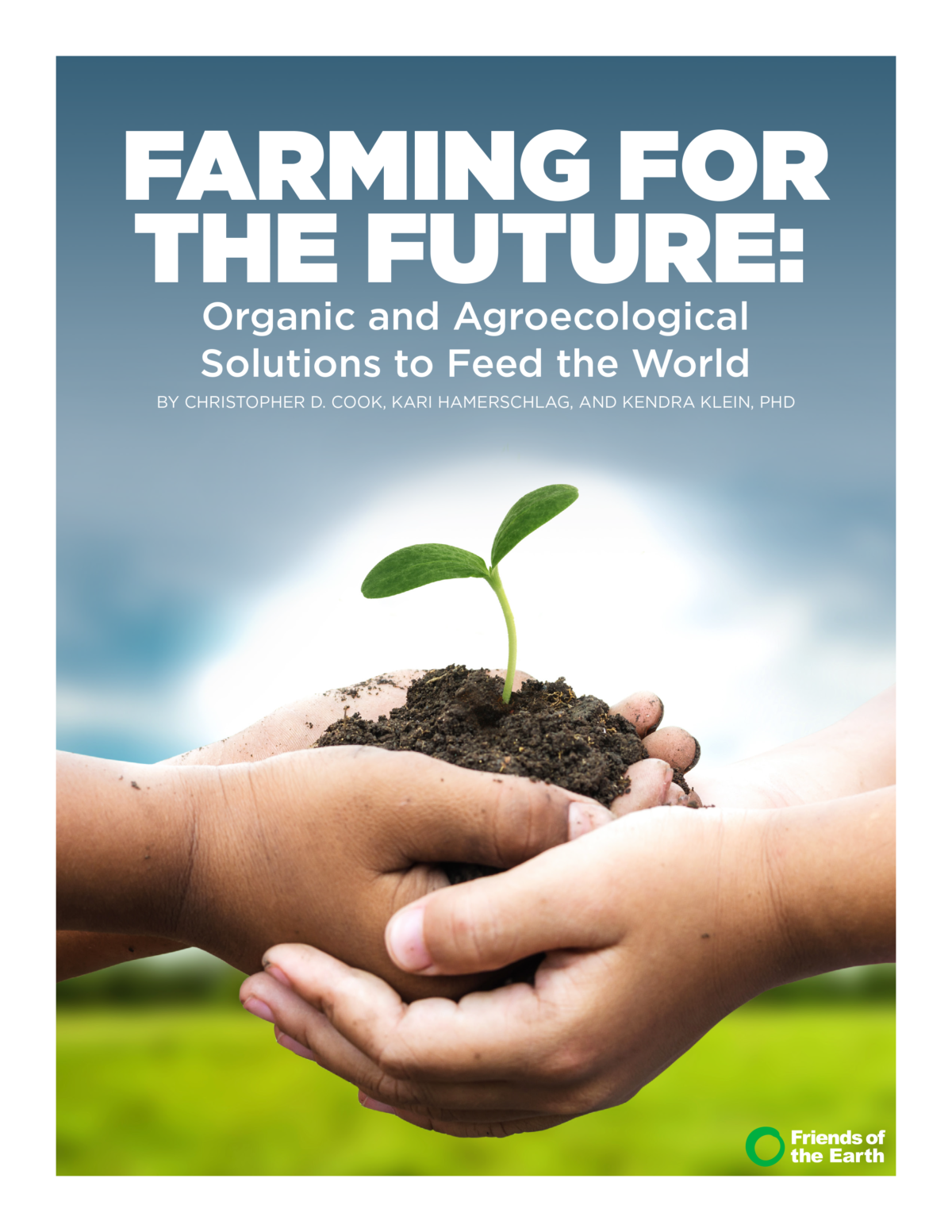
The science is clear: Feeding the world sustainably requires that we protect the ecological resources that are essential for producing food now and in the future. What’s more, research consistently shows that hunger is not a problem of overall supply of food, but results from poverty, lack of democracy and unequal access to land, water and other resources. Rather than producing more food under unequal and ecologically destructive conditions, the solution to hunger hinges on creating a more sustainable, democratic and fair food system for all.
Read the full Farming for the Future report
Read the Executive Summary
Our Latest Food Tank article: Dirt, Democracy, and Organic Farming: A Recipe to Feed the World
Presentations
Learn from top scientists and thought leaders on the science of sustainable food production and a comprehensive approach to creating a healthy, resilient food system to feed all people, now and into the future.
Download the presentation: Can Organic Feed the World
Presented by: Kendra Klein, PhD, Staff Scientist, Friends of the Earth
Download the presentation: The Art of Creating Scarcity From Plenty
Presented by Frances Moore Lappé, Cofounder & Director, Small Planet Institute
Download the presentation: How do Yields from Organic and Conventional Farming Systems Compare?
Presented by Lauren Ponisio, PhD, UC Riverside
Download the presentation: Beyond Yield: The Multiple Benefits of Organic Agriculture
Presented by John Reganold, PhD, Professor of Soil Science and Agroecology, Washington State University
Download the presentation: Agroecology Works: Towards Resilient Food and Farming Systems
Presented by Marcia Ishii-Eiteman, PhD, Senior Scientist, Pesticide Action Network
Learn More
Independent experts around the world agree: Business as usual is not an option — agroecology is the future of farming.
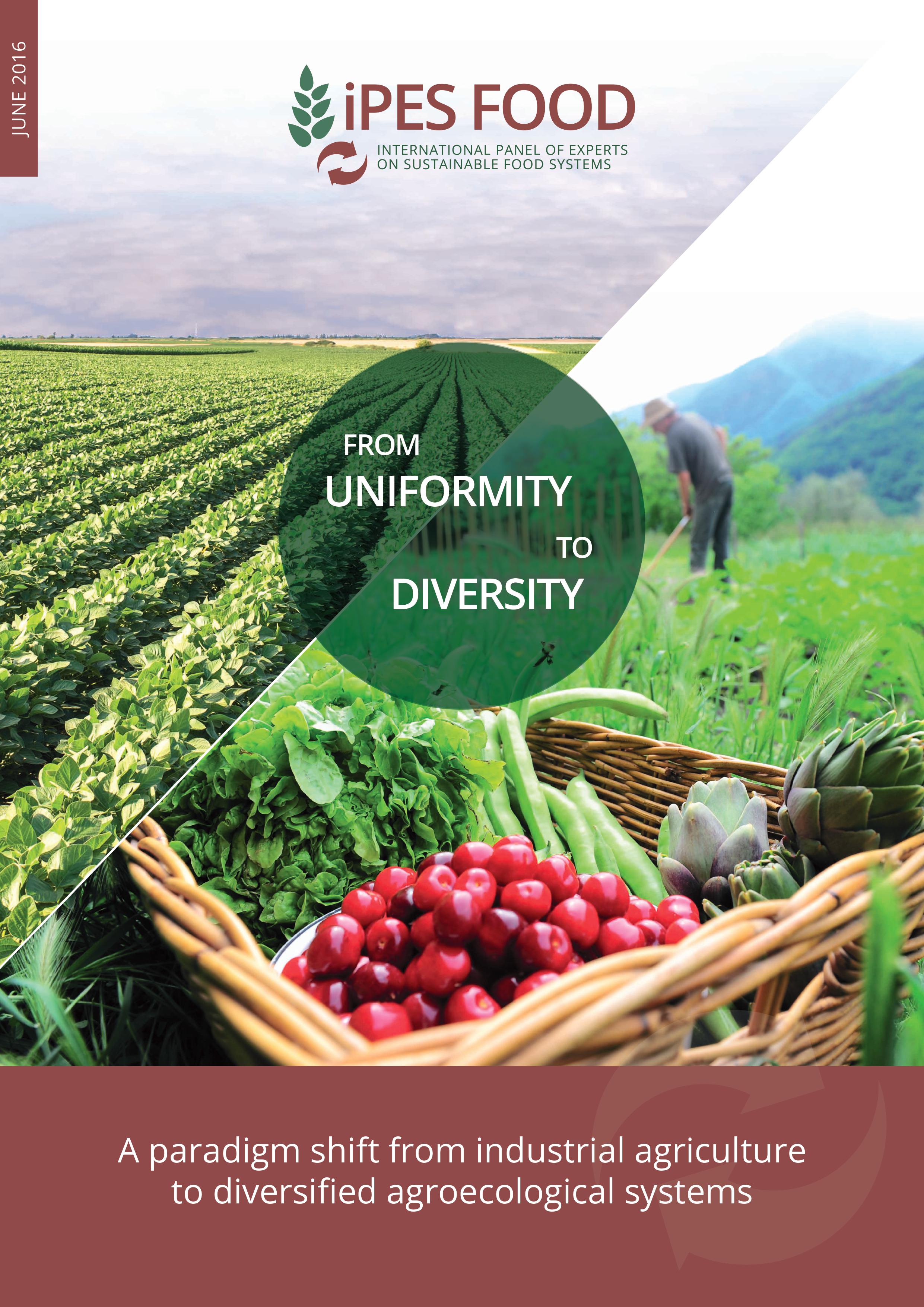 | From Uniformity to Diversity
International Panel of Experts on Sustainable Food Systems (IPES) report by Emile A. Frison, 2016 Key findings: Multiple negative outcomes of the existing food system stem from industrial agriculture: “the input-intensive crop monocultures and industrial‐scale feedlots that now dominate farming landscapes.” These systems are “locked in” due to entrenched political-economic power of food industries and instead of “tweaking practices,” a “fundamentally different model of agriculture” is needed, i.e. “diversified agroecological systems.” |
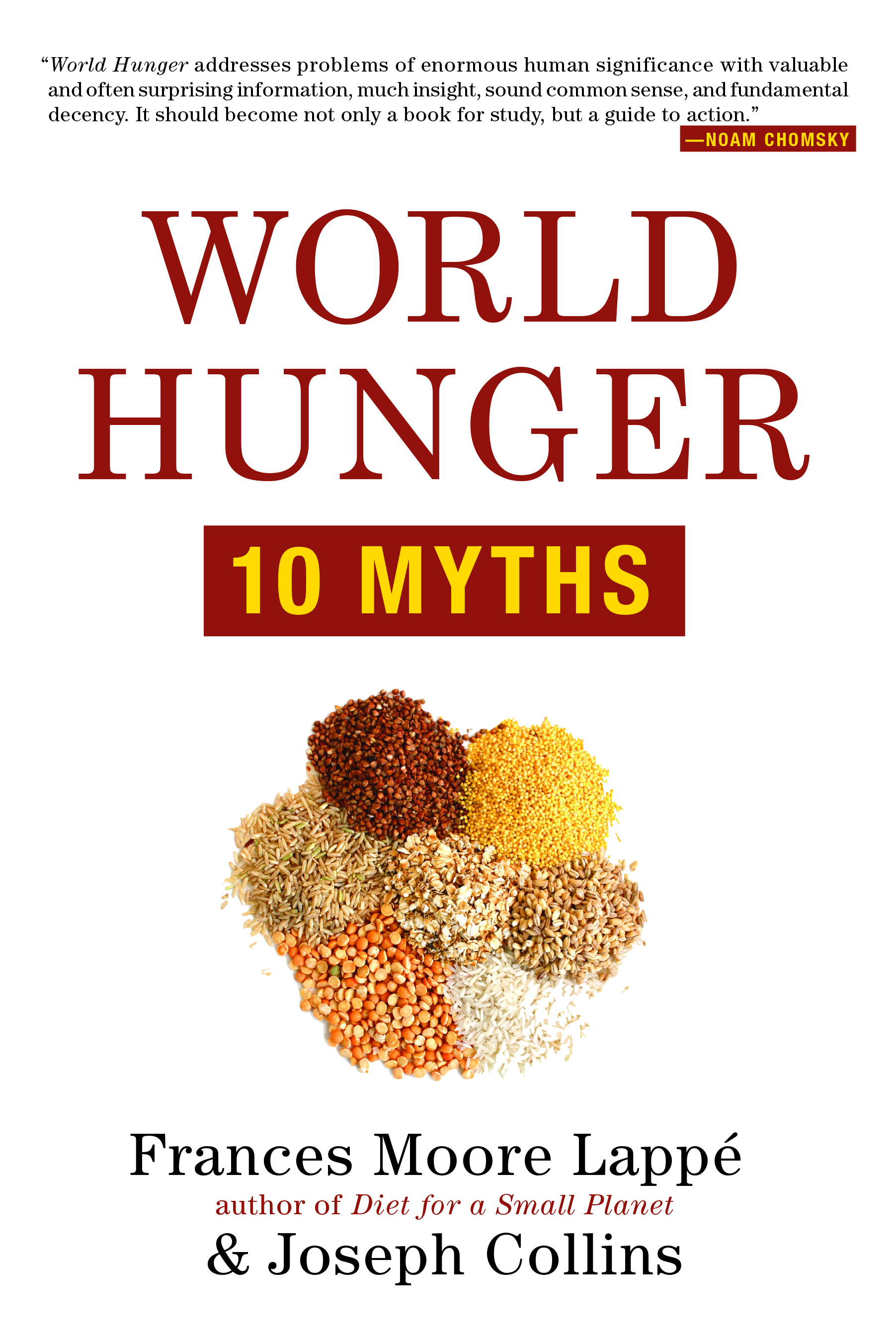 | World Hunger: 10 Myths
By Francis Moore Lappé and Joseph Collins, 2016 Key findings: Hunger is not the result of inadequate amounts of food or human overpopulation, but rather stems from poverty and inequalities of political and economic power. Large farms, expanded markets and free trade won’t help solve world hunger, but will likely make it worse. |
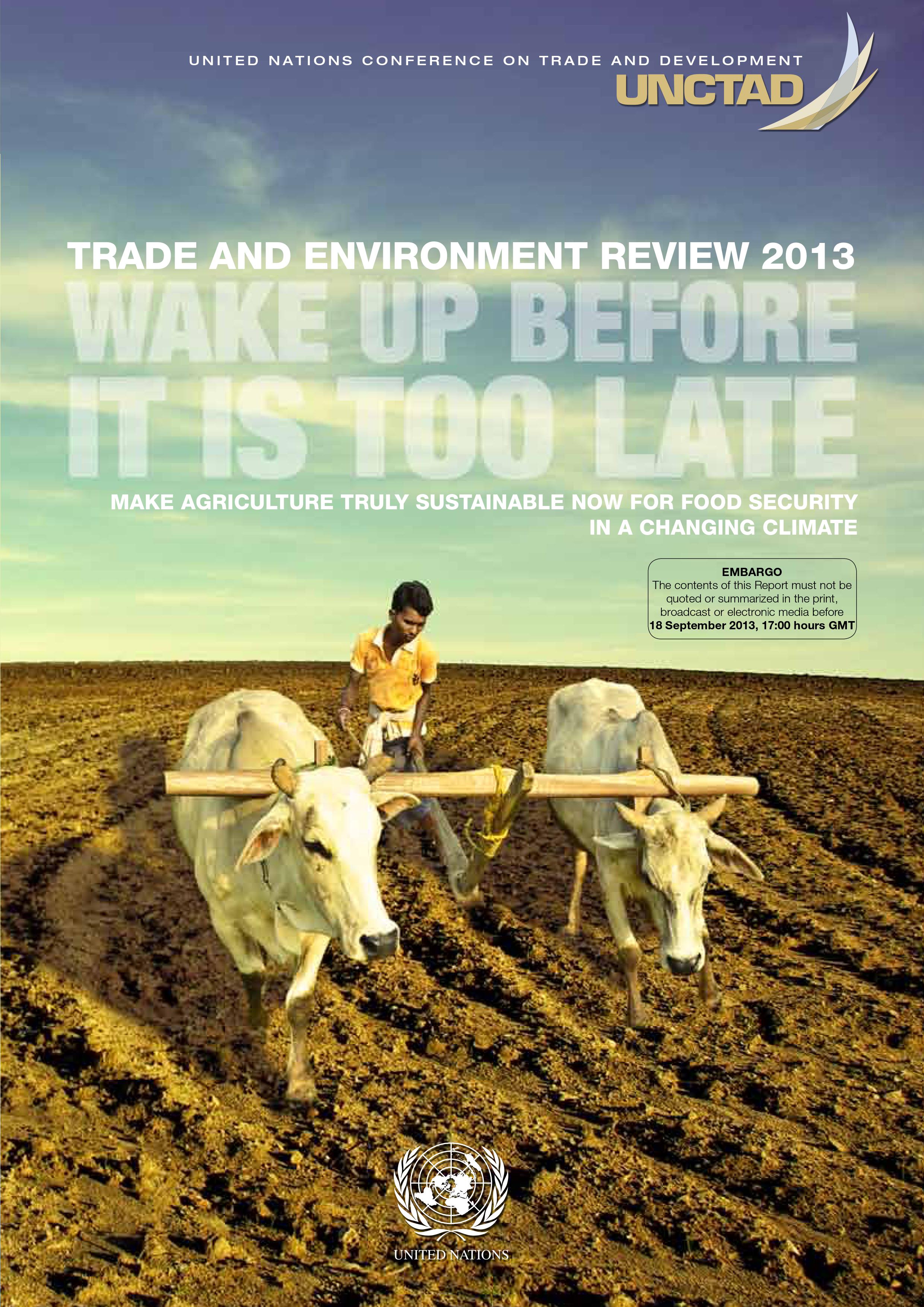 | Wake Up Before It Is Too Late
United Nations Conference on Trade and Development report, 2013 Key findings: Hunger is not a supply-side productivity problem and “meeting food security challenges is primarily about empowerment of the poor.” A shift is needed “from a conventional, monoculture-based and high-external-input-dependent industrial production towards mosaics of sustainable, regenerative production systems that also considerably improve the productivity of small-scale farmers.” |
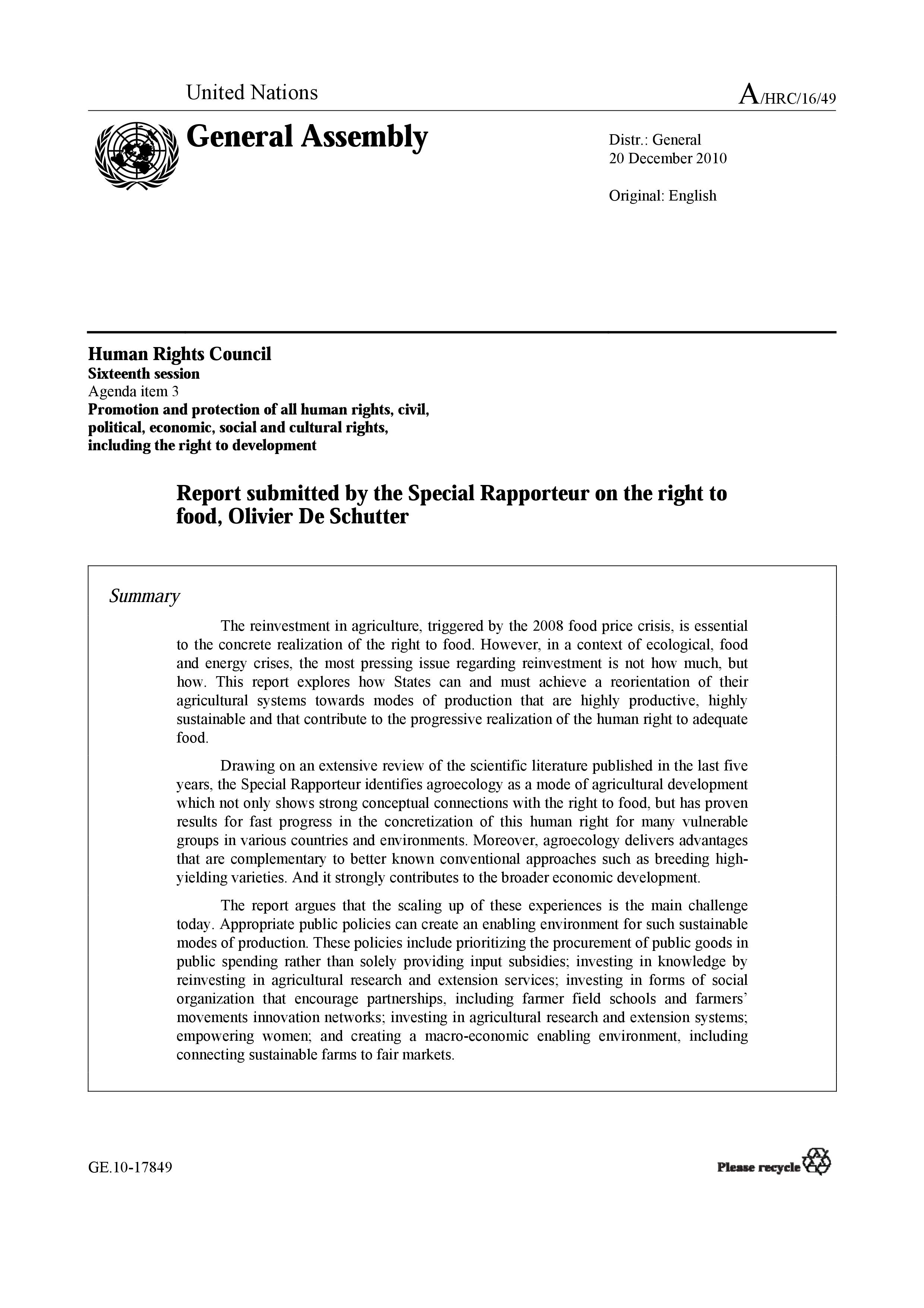 | Report on Agroecology
Olivier De Schutter, United Nations Special Rapporteur on the Right to Food, 2010 Key findings: “Agroecology, if sufficiently supported, can double food production in entire regions within 10 years while mitigating climate change and alleviating rural poverty.” State support for scaling up agroecology is crucial in both developed and developing countries and should focus on small-scale farmers, their organizations and the innovative agroecological practices they can develop alongside scientists. |
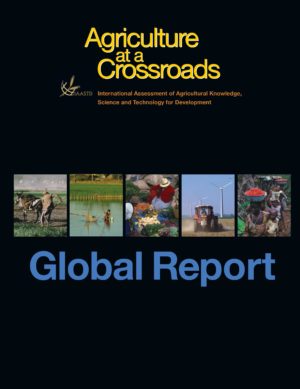 | Agriculture at a Crossroads Global Report
International Assessment of Agricultural Knowledge, Science, and Technology for Development (IAASTD) report, 2009 Key findings: “Business as usual is not an option” to reach goals of environmental protection and hunger reduction. Small-scale agriculture and traditional ecological knowledge of farmers and indigenous people are as — if not more — important to a future food system than genetic engineering and capital-intensive forms of agriculture. |
Ways to Support Our Work

Read Latest News
Stay informed and inspired. Read our latest press releases to see how we’re making a difference for the planet.

See Our Impact
See the real wins your support made possible. Read about the campaign wins we’ve fought for and won together.

Donate Today
Help power change. It takes support from environmental champions like you to build a more healthy and just world.